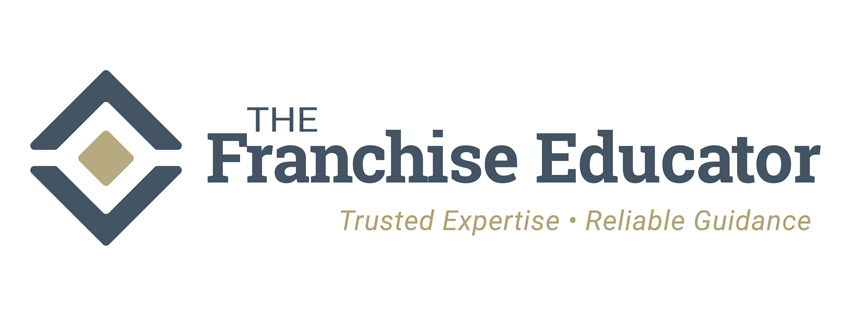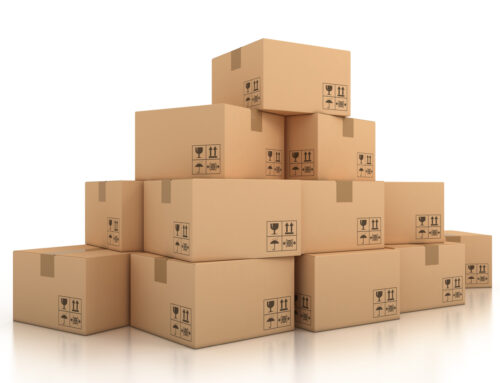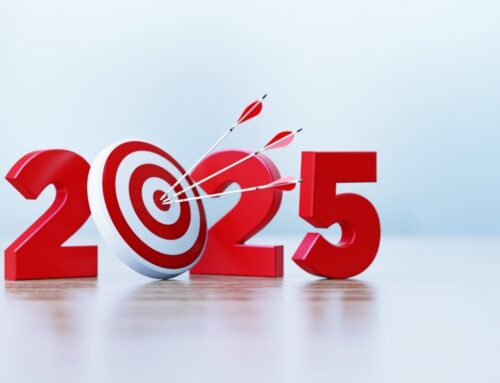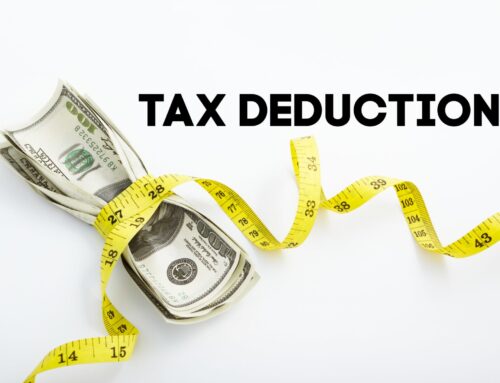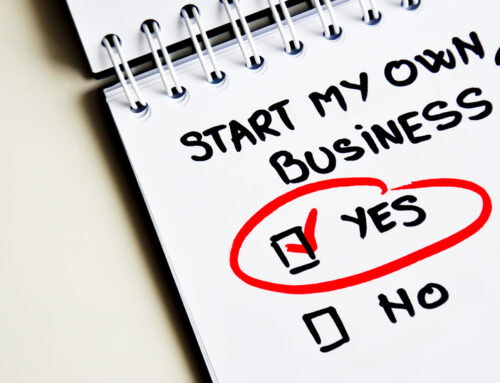Risk Taking vs Calculated Risk
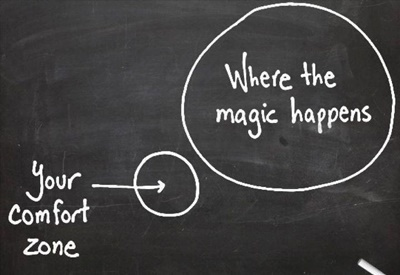
How do you challenge your comfort zone?
One common misconception of entrepreneurs is that they are risk takers. This is far from the truth. They are risk calculators. Their decisions are based off of profit potential, planning, and hard work. Risk takers are usually gamblers, where one could strike it rich, but no planning or preparations is done. Running a company as a gambler will most certainly result in ruin. Oftentimes, when I speak with people who are passively looking at owning a business, they will often say one business or another “seems very risky”. Over the years, I have come to believe that when someone says “this is very risky”, without any reasoning or analysis to substantiate their claim, and then points to the general environment of owning a business as “risky” it is usually because they are mentally too lazy to perform an analysis of the business. Calculating risk in a business undertaking is a significant mental activity. It is hard. However, nothing worthwhile in life is ever easy, it?The franchise model is designed to specifically make risk easier to calculate. There are three primary reasons why.
Franchisors have already built businesses and models that they have successfully run. These business models are made available to you. Knowing what you are doing lowers risk.
You get an FDD or a disclosure document that will give you a wealth of information about the franchise you are considering.
You receive training, support, and some sort of exclusivity, be it a region or a customer base.
The Small Business Administration is more open to giving out loans for Franchises verse startups as these kinds of entities have FDDs on file and a track record that they can examine.
These factors are significant. Mark Spriggs, associate professor and chairman of the entrepreneurship department at the University of St. Thomas’ Opus College of Business, said the chance of success is “vastly greater” with a franchise than with an independent business. Roughly 80 percent of franchises survive five years in business, he said, while only 20 percent of independents are around that long.
“People will argue over the percentages, but it’s two to three times more likely to succeed than the independent businesses,” said Spriggs.
Intuition vs Gut
A common query I get is should we trust data or a gut feeling. I have found that starting with data from a variety of perspectives is critical before using our intuition. Our intuition comes from our collective past experiences, and data helps inform these experiences.
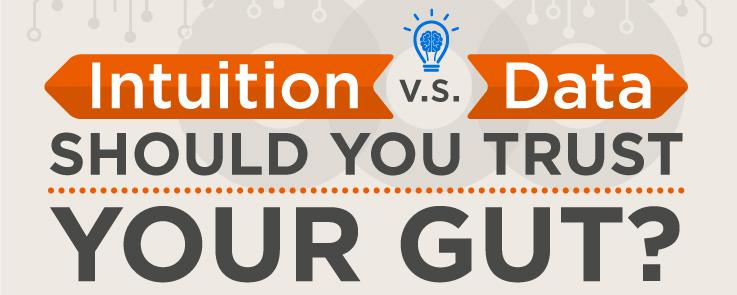
n
If you would like to connect and find out if franchising is a good path for you, reach out by calling me at: 800.361.8292 or please click on the icon below to to email me:
